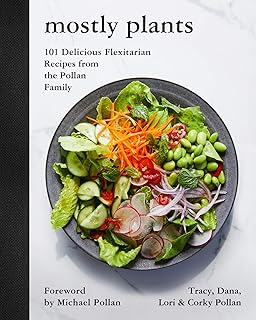Vegetarianism, once a prevalent lifestyle choice, seems to be losing its grip as more former vegetarians reintroduce meat into their diets. A decade ago, inspired by documentaries like Cowspiracy, many individuals, including myself and a friend, embraced vegetarianism. However, fast forward to the present, and we found ourselves indulging in meat dishes at restaurants, a stark departure from our meat-free past.
Reflecting on this shift, it appears that the decline in vegetarianism is not confined to personal circles but is a broader trend. Bianca, for example, noted that the vegetarian options at restaurants often felt lackluster compared to meat dishes, prompting her return to eating meat. This sentiment is echoed in Melbourne’s dining scene, where vegan and vegetarian eateries are giving way to meat-centric menus.
This transition is not limited to individuals but also impacts mock meat companies like Beyond Meat, which have faced challenges amidst the resurgence of meat consumption. The rise of health trends like ProteinTok and the carnivore diet further emphasize the cultural shift towards prioritizing meat-based diets over plant-based alternatives.
Health considerations, particularly iron deficiency, have also played a role in motivating former vegetarians to reintroduce meat into their meals. The prevalence of iron deficiency among vegetarians, compounded by factors like menstruation, has led individuals like Elsa to incorporate red meat back into their diets for health reasons.
Moreover, external factors such as activism fatigue, economic pressures, and global crises have contributed to a sense of burnout among individuals, prompting a simplification of dietary choices. Flexitarianism, a more flexible approach to eating that combines plant-based and meat-based foods, has emerged as a middle ground for many former vegetarians.
Despite the shift away from vegetarianism, there remains a recognition of the environmental impact of meat consumption. Cutting back on meat intake, even slightly, can significantly reduce carbon emissions and support sustainability efforts. As dietary preferences continue to evolve in response to changing circumstances, the conversation around vegetarianism and meat consumption remains dynamic and multifaceted.
📰 Related Articles
- Youth Embrace Live Music Amid Social Media Ban Concerns
- Workers Embrace ‘Job Hugging’ Amid Stagnant Labor Market
- Soy-Based Meat Market Set for Strong Growth Amid Shifting Preferences
- Retailers in Australia Embrace Hybrid Models Amid Rising Costs
- Resurgence of Grills: Hip-Hop Icons Embrace Cultural Legacy and Innovation






